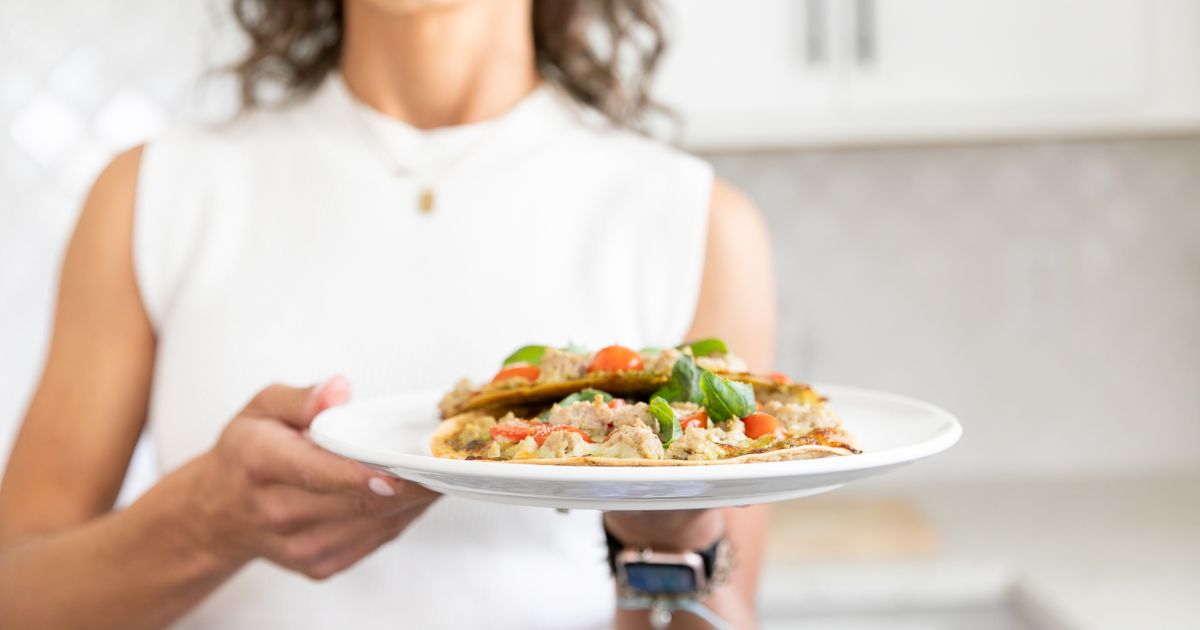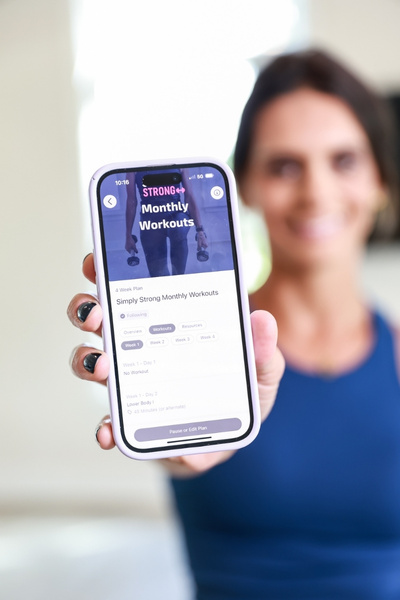Our nutritional needs change as we age, and protein becomes one of the most important nutrients for women over 35. Whether your goal is to lose weight, build muscle, maintain muscle, support your metabolism, or improve your overall health, understanding how much protein you need and how to get it will make a huge difference.
In this article, I’d like to dive into what the science says about protein for women over 35 and give you some practical and realistic tips for making it simple to hit your goal.
Why Protein Matters After 35
Protein isn’t just for bodybuilders or athletes (contrary to what a lot of us once believed). It’s essential for everyone, but especially for women over 35, here’s why:
- It preserves your lean muscle mass - Beginning in your 30s, women start to experience muscle loss if they’re not actively trying to maintain it. This age-related muscle loss is called sarcopenia, and it can slow down your metabolism, reduce strength, and increase your injury risk. Protein and a strength training routine help your body repair and maintain muscle tissue.
- It supports metabolism and weight management - Protein has a higher thermic effect than carbs and fats, which means that your body burns more calories digesting it. When combined with strength training, adequate protein helps to maintain a healthy metabolism, supporting fat loss and body composition (less body fat and more lean muscle tissue).
- It promotes hormone and bone health - Protein plays a big role in hormone production, and it helps support bone density, both of which are critical for women over 35, especially as estrogen begins its natural decline.
How Much Protein Do You Really Need?
The general recommendation for adults is .8-1 grams of protein per lb. of body weight, but there’s some research that suggests that women over 35 may even benefit from a higher intake, especially if they're active. That being said, many women find that maintaining a high daily protein intake is difficult, so sticking to the lower end of the recommendation at a minimum is ok, too.
If your current bodyweight is high, you don’t necessarily need to multiply your protein intake by your current bodyweight; you can calculate based on your goal bodyweight. For example, if you’re currently 200 lbs, eating 200 grams of protein per day is probably unrealistic, so we can take your (realistic) goal bodyweight and calculate from there. Let’s say your goal bodyweight is 165 lbs, you can set your protein goal somewhere between 132-165 grams per day. The max I recommend for women is 187 grams, 165 grams for lifestyle balance.
Tips for Hitting Your Protein Goals
One of the biggest struggles I hear from women who are trying to increase their protein intake is that they don’t know how to do it. It takes practice and a lot of intentionality, but I promise you it’s not as hard as you might think. Here are some of my top tips for hitting your daily protein goal:
- Include protein with every meal, make it the centerpiece, and build from there. Aim to build your plate with a 20-30 gram protein source first and then add your carbs and fats to the plate. Spreading your protein out with each meal will help with muscle protein synthesis throughout the day.
- Have high-quality protein sources stocked in your home and at the ready. Lean meats, fish, eggs, protein powders, cottage cheese, and Greek yogurt are all high-protein staples. Make sure you have your favorite protein sources stocked so it’s easy to build your meals and snacks.
- Don’t be afraid to supplement with protein bars and powders. It’s perfectly fine to include a protein shake and/or protein bar in your day, just make sure you are still eating plenty of whole foods alongside it.
- Choose some high-protein recipes that you love and keep them on rotation. Hitting your protein goal is so much easier when you can make meals that you know are high in protein and that you and your family will enjoy.
Common Myths About Protein for Women Over 35
If you’re a woman over 35, you’ve probably heard (and believed) at least a couple of these common myths about protein:
- “I’ll get bulky if I eat too much protein.” The truth is, women don’t get “bulky” from eating protein alone; we don’t have enough testosterone to do that, plus, it would take some serious weight training and intentionality to get “bulky.” Protein supports muscle maintenance and a lean, toned physique.
- “I don’t need protein if I’m not working out hard.” The truth is, even women who are completely sedentary need protein to preserve their muscle, support their metabolism, and maintain their hormone health. Protein isn’t just for those who hit the gym; it’s for all of us.
- “Plant-based protein isn’t enough.” The truth is, if you’re vegan and eating only plant-based protein, you can still hit your goals and experience the benefits of protein. By combining plant-based sources like beans, lentils, quinoa, tofu, and vegan protein powder, you can still get all of the essential amino acids and experience great results.
The Bottom Line
Protein is not optional for women over 35; it’s essential for maintaining muscle, metabolism, and overall health and longevity. When paired with a strength training program, you’ll see and feel amazing results. Adequate protein will help you feel stronger, fuller, more energized, and more in control of your body, even as you age.
If you want a simple, science-backed way to hit your protein goals and strength train with intention, the Simply Strong APP has you covered with strength training programs made for women at all stages and abilities and high protein recipes to inspire you and help make hitting your protein goal a breeze.





